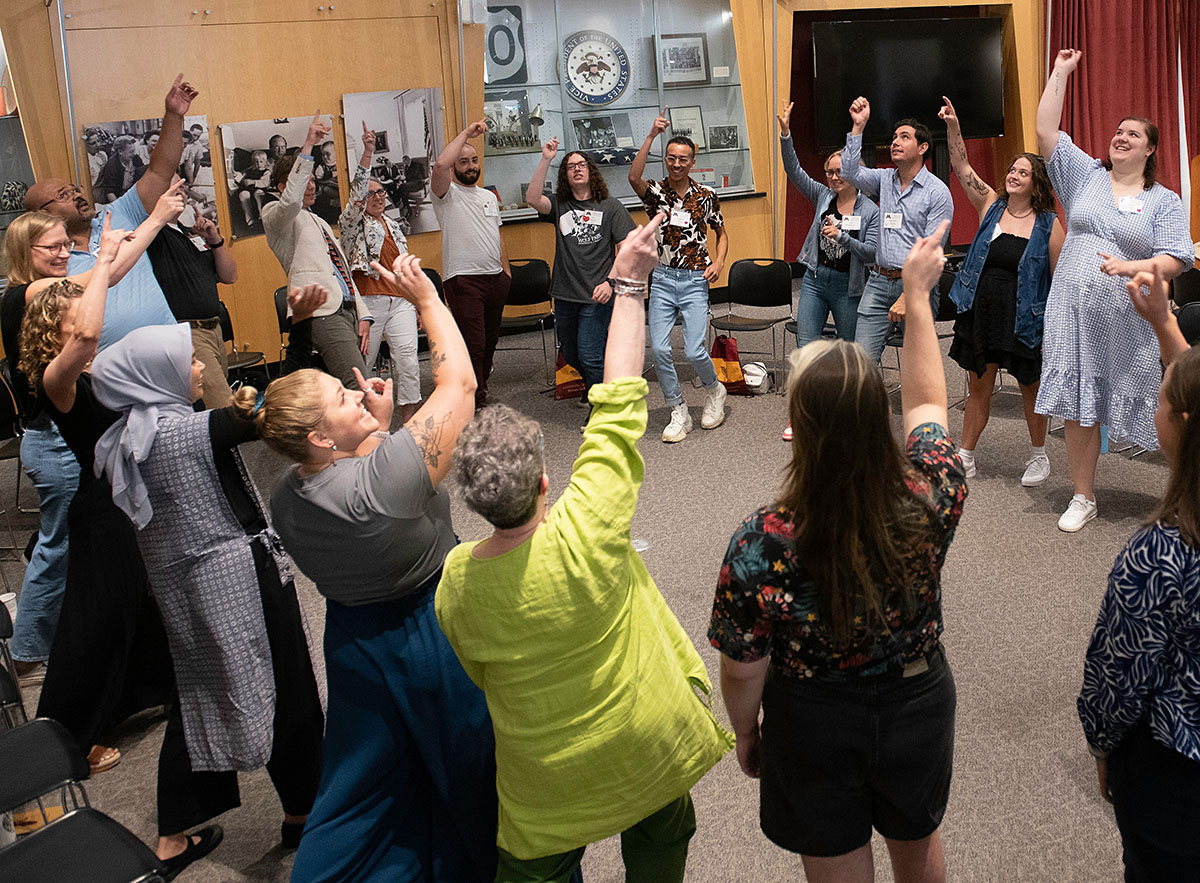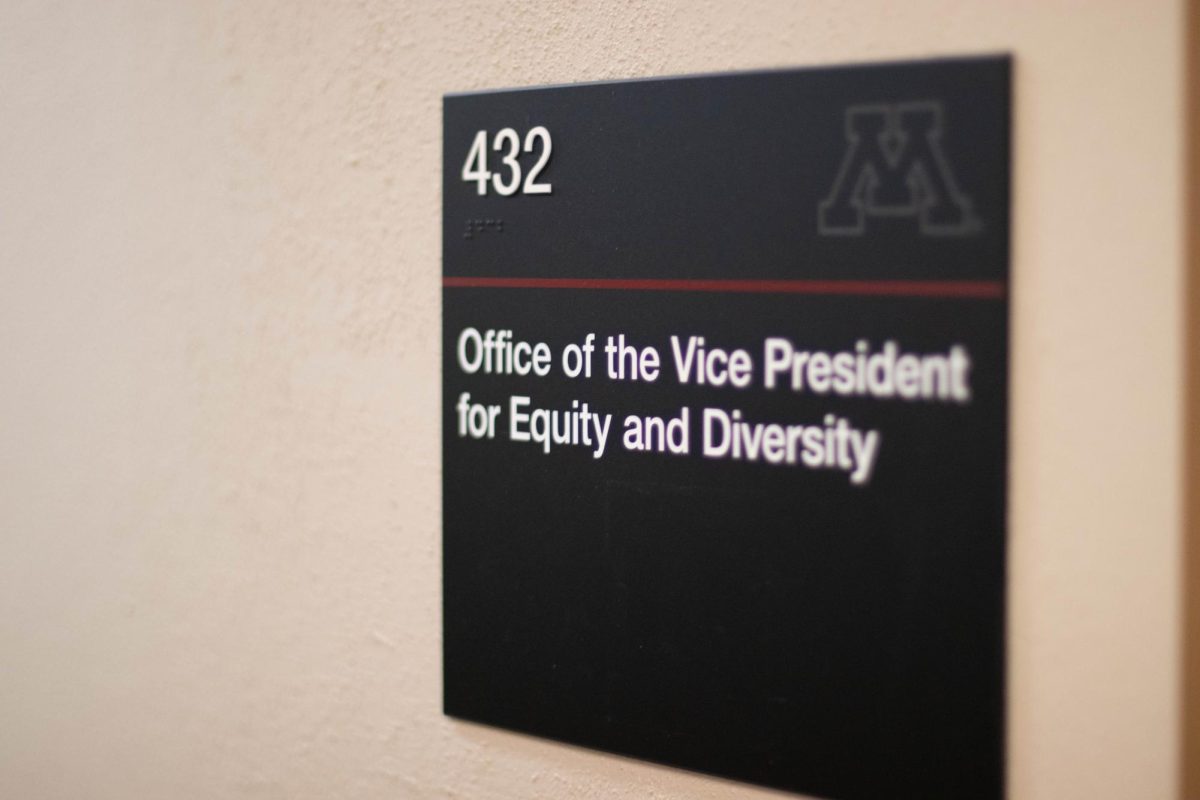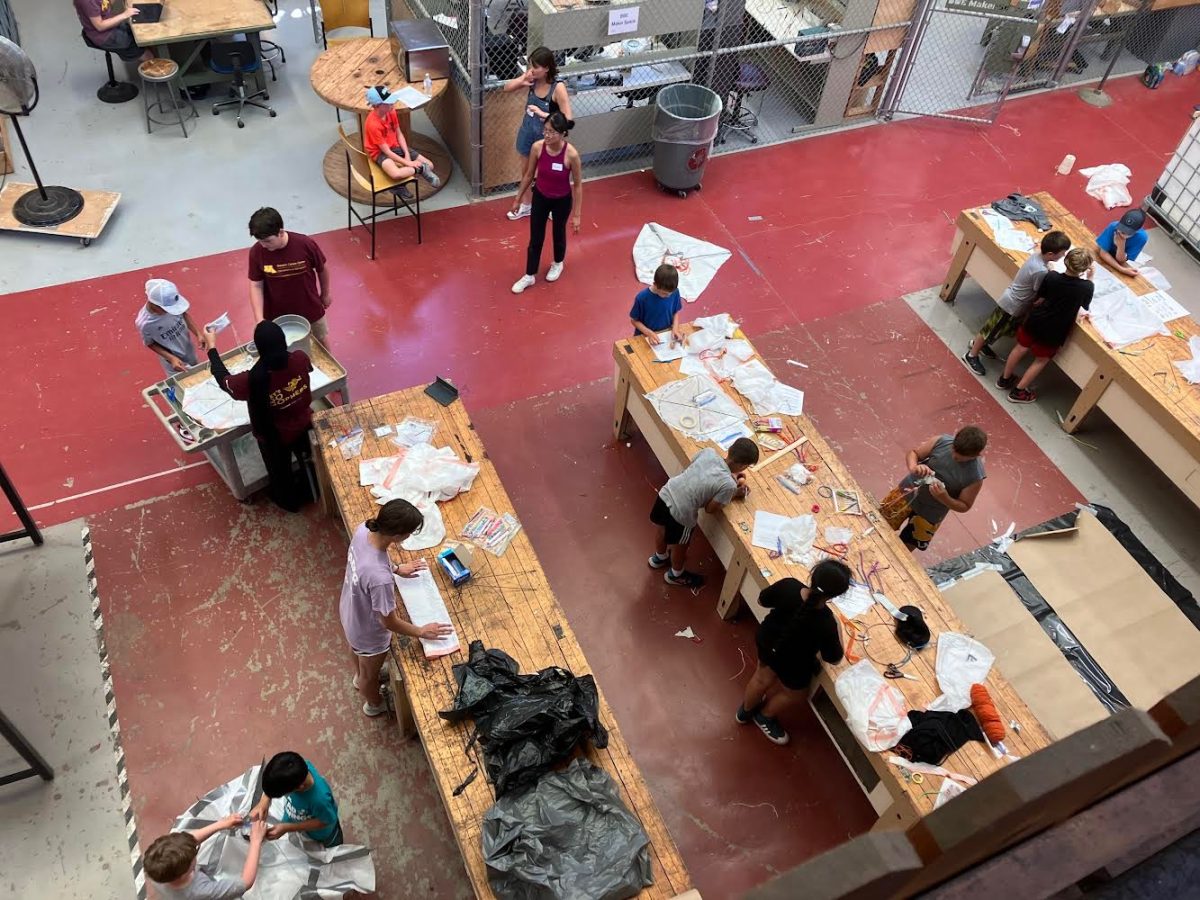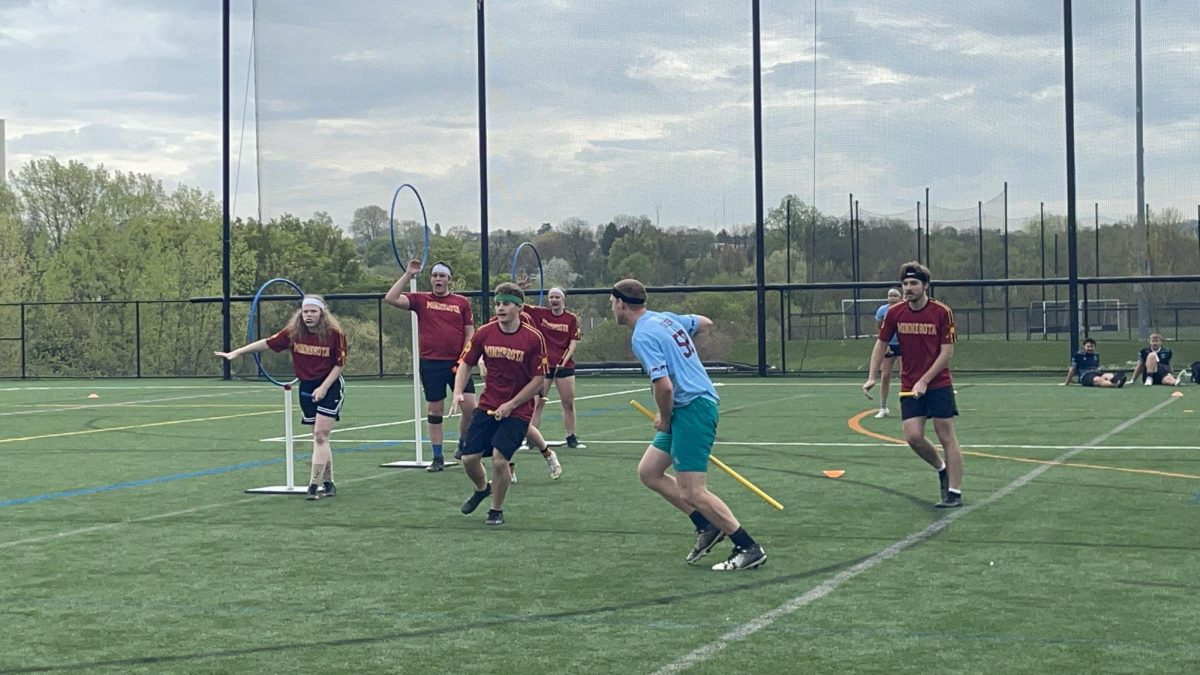Since coming to campus as an official organization this summer, the University of Minnesota’s Arab Dabke Club (ADC) has started to build membership.
According to its mission statement, the club’s goal is to teach students Dabke, a traditional Palestinian folk dance, while maintaining Arab culture. Learning Dabke can help maintain Arab culture and promote it positively.
The Dabke originates from the Levantine regions, including Palestine, Jordan, Lebanon and Syria, according to City Dance Studios. The dance is characterized by rhythmic stamping of feet in lines or circles, and dancers’ arms are often interlocked with one another.
Second-year student Dunya Mazhary and third-year student Zyde Alkhatib founded ADC this summer. Mazhary serves as president of the club, with Alkhatib as vice president.
Mazhary said the one-hour weekly meetings will be open to University students and the public during the spring semester.
“We’re hoping that it’s a very fun and inclusive way to meet people and get in touch with your culture,” Mazhary said.
There will be a space for dancers of all levels to learn, though Mazhary said she would like some of the group to perform at events in the future like the Students for Justice in Palestine Gala in February and the Arab Student Associations Gala later in the spring semester.
Mazhary decided to start the club because her mom taught her the Dabke growing up. A University alum, Mazhary’s mom was in a similar Dabke group in the late ‘90s and would always talk about the club.
Mazhary said hearing her mother’s stories made her want to be in a Dabke club and have a way to connect with people.
“I’m so excited that I get to follow in her footsteps and I hope I can be half as good as she was,” Mazhary said.
Mazhary’s mother, Jeanine Amra, said she met her closest friends during her time in a Dabke club and will be the teacher for the ADC.
“It is truly culture. It’s fun, it’s music, it’s dancing. It’s also just friendships,” Amra said. “What I think is just beautiful to see is that our kids have hung on to and worked hard to make sure they’ve hung on to their sense of their sense of identity, their sense of being.”
Amra said she met Alkhatib’s mom, Hanan Mowahid, through their Dabke club in the ‘90s and they have been best friends for over 20 years.
Mowahid said she wants to push and support the group members however she can.
“It’s about the culture, and it’s about the community,” Mowahid said. “So it’s pretty cool for them to be in that club and driving it.”
ADC Treasurer Malak Alkhatib, Mowahid’s daughter and Zyde Alkhatib’s sister, said it was a full-circle moment seeing the club begin after learning about it from her mom her whole life, growing up with Dunya and now being a part of the Dabke club with her brother.
“Our campus is very diverse, so I feel like, especially at this campus, even if you’re not Arab and you’re still coming to learn Dabke, you have so much to give, and I think that’s so important because everybody can learn from everybody,” Malak Alkhatib said.
Malak Alkhatib said students can expect a lot from the ADC next semester.
“They can expect a lot of fun, a lot of dancing, a lot of jumping around, but also learning and just connecting with each other,” Alkhatib said.














